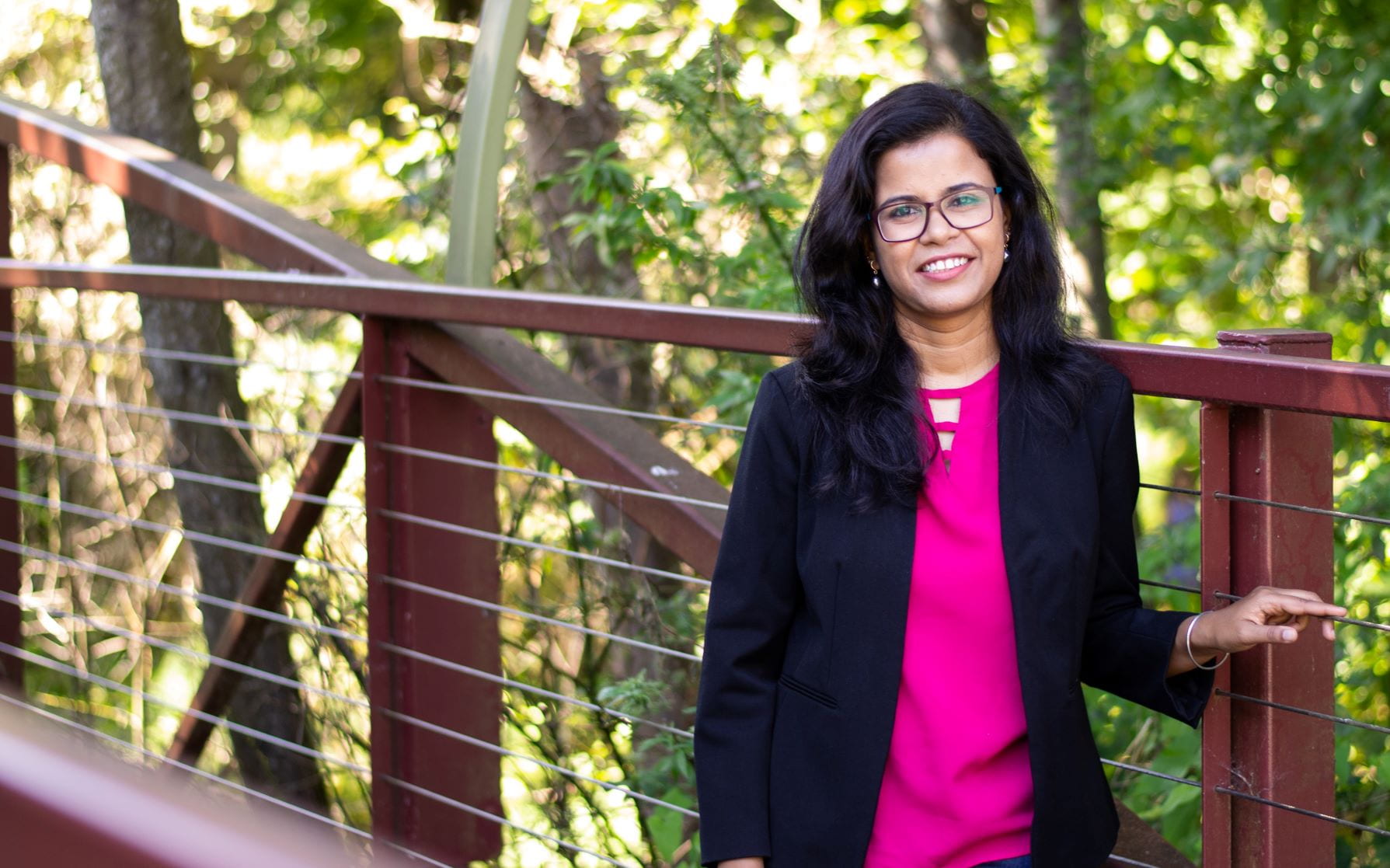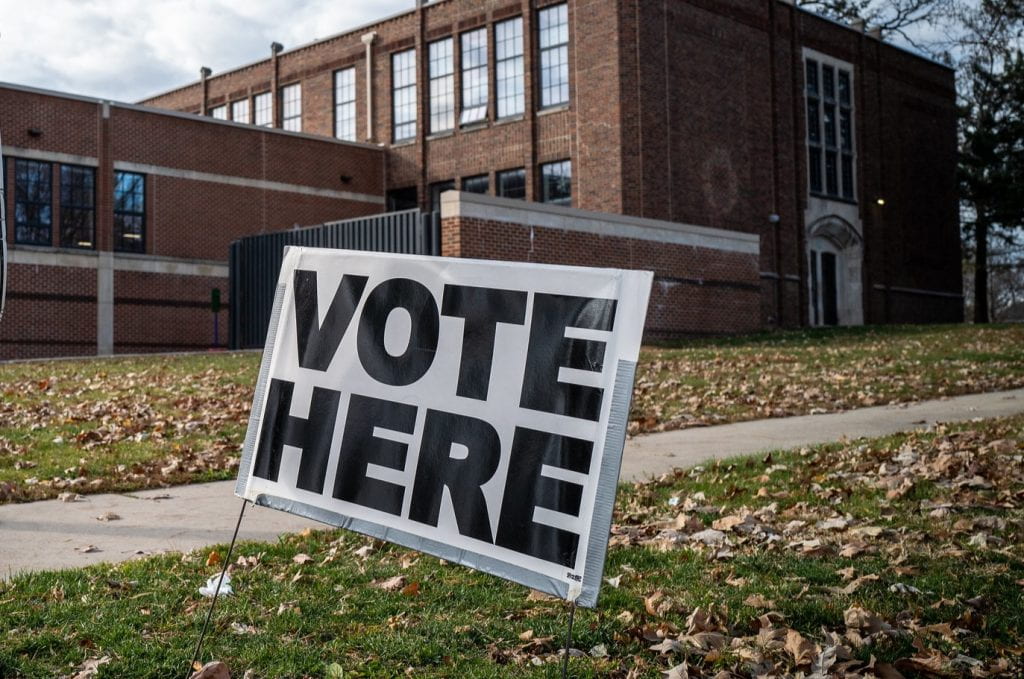This is a web version of the Center for an Informed Public’s News & Insights newsletter for July 2020, which was sent out on July 30. Check out our newsletter archives. Not signed up to received the CIP’s newsletter? Register here.
Center for an Informed Public welcomes new iSchool assistant professor Tanu Mitra
When Tanu Mitra (pictured above) saw a faculty job posting at the University of Washington Information School late last year, the computer scientist said that she was instantly drawn to it. “This is the powerhouse,” Mitra said of the iSchool, where she recently started as an assistant professor with expertise in social computing, computer-supported cooperative work and online misinformation. “What a better place to be?” she said in a recent interview, pointing out that the UW’s Center for an Informed Public, where she was recently named a faculty member, was also a particular draw.
- DEEPFAKES: Spotting deepfakes isn’t easy as you may think.
// TAKE THE QUIZ … - INSIGHTS: Why it’s important to slow down online.
// WATCH … - ELECTION INTEGRITY PARTNERSHIP: Examining Twitter’s policy on misinformation.
// LEARN MORE …
CIP in the News
Since the Center for an Informed Public officially launched late last year, our researchers have been regularly interviewed, quoted or otherwise featured in various local, regional and national news outlets, livestreams and podcasts.
What started out as a popular University of Washington class developed and taught by Carl Bergstrom and Jevin West a few years ago is now a book, Calling Bullshit: The Art of Skepticism in a Data-Driven World. In recent weeks, the book has been reviewed in Nature, The Guardian, Wired, Scientific American and the San Francisco Chronicle, just to name a few.
The Chronicle‘s review described the book as “a work of popular science that belongs among the genre’s best — not least because, read closely it might inoculate readers against the unsubstantiated claims of the genre’s worst.”
Nature wrote that the book is “[i]nformative and never boring” and that “this labour of love lays bare a cornucopia of selection biases, misleading data visualizations, machine-learning mishaps and more.”
Wired described Calling Bullshit as “a modern classic that is troubling in some places, sobering in others, and enlightening from beginning to end.”
Bergstrom and West recently joined a Spokesman Review Northwest Passages Book Club virtual gathering where they discussed the origins of the Calling Bullshit class at UW and an increasing need for the public to “call bullshit on lies, treachery, trickery, or injustice.” Bergstrom said: “As we get a little older, and … set in our ways … we get a little bit better at defending our beliefs and arguments. We become more and more set because we can always find ways to convince ourselves that the thing we believe before we started looking into it is true.”
In other CIP news highlights …
- In a Los Angeles Times examination of how Black and Latino voters are increasingly the targets of disinformation campaigns, Kate Starbird discusses the difficulty of counteracting the manipulated messaging: “We really don’t know what to tell people about what is most effective.” [Los Angeles Times]
- A recent in-depth Consumer Reports analysis of the misinformation policies of various social media platforms featured insights from Jevin West: “When social media is so intrinsic to how society works, citizens should have some say on what those policies are. We are consumers of these major platforms that we don’t necessarily pay for — but we could still make choices with where we spend our time.” [Consumer Reports]
- Route Fifty recently reported on the work of the Election Integrity Partnership, which the Center for an Informed Public helped launch earlier this summer. The EIP will provide real-time assistance to identify and respond to emerging election-related misinformation and disinformation campaigns. [Route Fifty]
- In an Upworthy feature on how crisis situations draw disinformation campaigns, Kate Starbird offers a reminder of where these campaigns originate: “We tend to think about it as foreign and Russian, but that’s going to be a small part of what is going on right now. I think we need to be more aware that the tools and techniques of disinformation are democratized … the same kind of techniques are being used by domestic actors, activists, political operatives and foreign campaigns.” [Upworthy]
- In an opinion piece for NBC News, Carl Bergstrom and Jevin West note that while BS “increasingly appears clad in the trappings of stats and data graphics, one doesn’t need an advanced degree in science or mathematics to see through it.” [NBC News]
- In a Wired feature about the ramifications of a Maryland company using reinforcement learning to create an algorithm that defeated an F-16 pilot in a simulation, Ryan Calo was quoted: “One wonders if the vision of a rapid, overwhelming, swarm-like robotics technology is really consistent with a human being in the loop. There’s tension between meaningful human control and some of the advantages that artificial intelligence confers in military conflicts.” [Wired]
- In the Deseret News, Jevin West discusses the challenges of making sense of the abundance of studies being published about COVID-19, including those that haven’t been peer reviewed: “I do think this flood of research and this flood of information in science is great, but it makes it harder to discern which is the stuff to really get behind, and which is the stuff we should toss out.” [Deseret News]
UPCOMING: SEPT. 16
- iSchool Alumni Lecture Series: Carl Bergstrom and Jevin West to discuss Calling Bullshit
// REGISTER - Sorting Fact from Fiction: Jevin West to kick off AARP Washington State speaker series
// REGISTER





